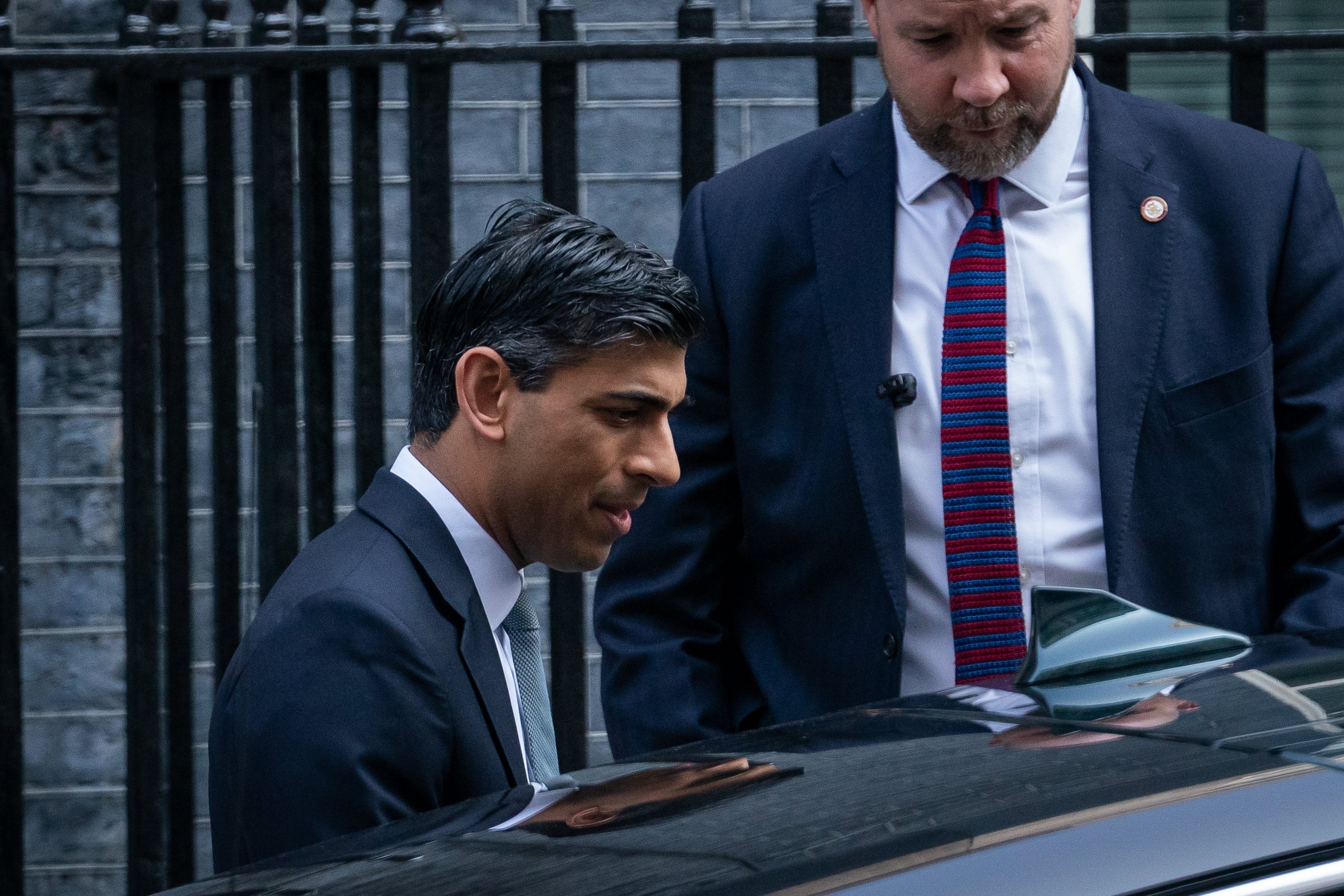Raising NI threshold ‘will soften financial blow of health and social care levy’
National insurance starting thresholds will rise to £12,570 from July, Chancellor Rishi Sunak has announced.

Raising the threshold at which people pay national insurance (NI) will help soften the financial blow from the new health and social care levy, experts said.
But some said measures announced in the spring statement will only be of “limited help” as households are squeezed by the living costs surge.
Nearly 30 million UK workers will have their taxes cut through the rise in the threshold at which NI is paid, while 2.2 million will be taken out of paying national insurance contributions (NIC) altogether.
This will save the typical employee more than £330 in the year from July, the Treasury said.
NI starting thresholds will rise to £12,570 from July, aligning income tax and NI in a tax cut worth more than £6 billion, according to the Treasury.
It was previously announced that a UK-wide 1.25 percentage point health and social care levy based on NI contributions will be introduced from April 6, ring-fenced for health and social care.
From July, 70% of workers who pay NICs will contribute less, even after accounting for the health and social care levy, the Treasury said on Wednesday.
Someone earning £14,500 a year will be £336 a year better off, according to calculations from Hargreaves Lansdown.
But the “tipping point” comes at around the £40,000 mark – and someone earning £50,000 could end up paying around £100 more this year than last, the firm said.
The promise of an income tax cut in 2024 also offers some light at the end of the tunnel - but there's an awful lot of tunnel to get through first
Helen Morrissey, senior pensions and retirement analyst at Hargreaves Lansdown, said: “The Chancellor has been steadfast in his determination to implement the health and social care levy, but his actions today have at least helped lower earners by raising the threshold at which they would have to start paying it.
“These actions will put some money back in their pockets at a time when costs are on the rise.”
Shaun Moore, tax and financial planning expert at Quilter, said the benefits of the NI threshold increase “will reduce over time as wage inflation pushes people into paying more, and is reflected by the fact the Government estimate the cost to the exchequer to reduce from £6.2 billion in 2022/23 to £4.3 billion in 2025/26.
“It does also create administrative problems for employers, who will have to start the tax year with one set of assumptions for national insurance calculations, to then have to change them from July.”
The Chancellor said the Government will cut the basic rate of income tax from 20p to 19p from 2024.
The £5 billion tax cut will be worth £175 on average for 30 million people and will be the first cut to the basic rate in 16 years, the Treasury said.
Kate Smith from Aegon said: “There’s a pensions fly in the ointment. People receive tax relief on pension contributions at their highest marginal tax rate.
“A reduction in the basic rate of income tax means that people will get lower tax relief on their pension contribution, meaning that the Government top-up directly into their pensions will be less. This means that, to get the same retirement income, people will have to pay a little bit more into their pensions.
“If they can, people may want to think about putting more into their pensions over the next couple of years to make the most of the current 20% tax relief.”
Nitesh Patel, Yorkshire Building Society’s strategic economist, said: “I expect that the steps the Chancellor outlined today will offer only limited help in easing the strain now felt by most people.
“There may be more to come in the autumn budget but already struggling households can’t afford to wait until then.”
Mr Patel said research commissioned by the building society found that a quarter of people have less than £250 in savings to fall back on.
Sarah Coles, senior personal finance analyst at Hargreaves Lansdown, said: “The promise of an income tax cut in 2024 also offers some light at the end of the tunnel – but there’s an awful lot of tunnel to get through first.”
Subscribe to Independent Premium to bookmark this article
Want to bookmark your favourite articles and stories to read or reference later? Start your Independent Premium subscription today.
